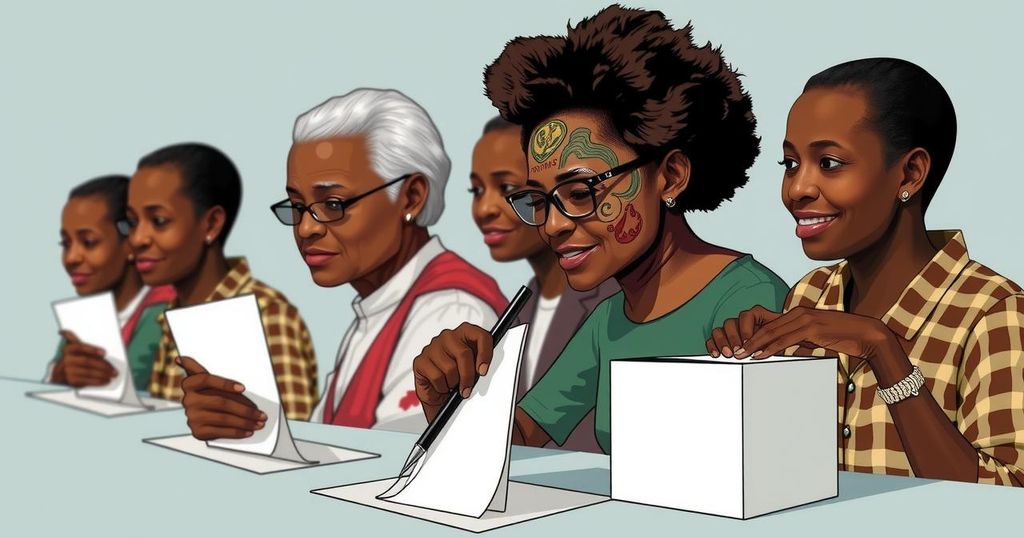Elections in Southern Africa: 2024 Signifies Major Shifts in Political Landscape

The 2024 elections in Southern Africa led to significant setbacks for traditional liberation parties, as voters, particularly the youth, prioritized government performance over historical narratives. Key developments included the opposition’s victory in Botswana ending 58 years of rule and the ANC losing majority power in South Africa for the first time since apartheid ended. Amid rising discontent, these elections reflect a shift toward demanding accountable governance in the region.
In the 2024 elections across Southern Africa, traditional liberation movements faced significant electoral losses, marking a pivotal shift in the region’s political landscape. Countries such as Botswana and South Africa witnessed unprecedented changes as voters, especially the youth, prioritized governmental performance over the historical achievements of these ruling parties. The 58-year hold on power by Botswana’s Democratic Party ended dramatically, while the African National Congress in South Africa lost its majority for the first time since apartheid’s conclusion in 1994, reflecting widespread disenchantment with longstanding political structures.
Additionally, Namibia’s South West Africa People’s Organization narrowly retained its parliamentary majority, yet registered the worst outcomes since the country’s independence, highlighting a potential shift in voter sentiments. Mozambique’s election results precipitated protests resulting in fatalities and a challenge to election legitimacy from the opposition. This trend of shifting political allegiances is mirrored in other African states as younger leaders emerge, amplified by discontent over economic challenges and the aspirations of youth. Overall, the elections signal a growing demand for accountability and responsive governance among the populace in Southern Africa and beyond.
The elections in Southern Africa in 2024 occurred against a backdrop of relatively stable democratic processes compared to the rest of Africa, which has experienced significant turmoil, including military coups and armed conflict. Historically, liberation parties have governed many of these nations since independence, deriving their authority from the historic struggle against colonialism. However, with a younger voting demographic that lacks direct experiences of the colonial past, there is a marked shift in voter expectations, which now emphasizes tangible governance outcomes over historical legacies. This generational change is reshaping political alliances and the broader political landscape across the region.
In conclusion, the 2024 elections have produced momentous changes in Southern Africa, revealing a significant decline in the electoral fortunes of long-standing liberation movements. The emergence of younger voters seeking immediate results and responsibility from their governments indicates a potential transformation of the political landscape. This trend may lead to a re-evaluation of political ideologies and the strategies of ruling parties, emphasizing the need for accountability and responsiveness to the public’s evolving expectations.
Original Source: abcnews.go.com






